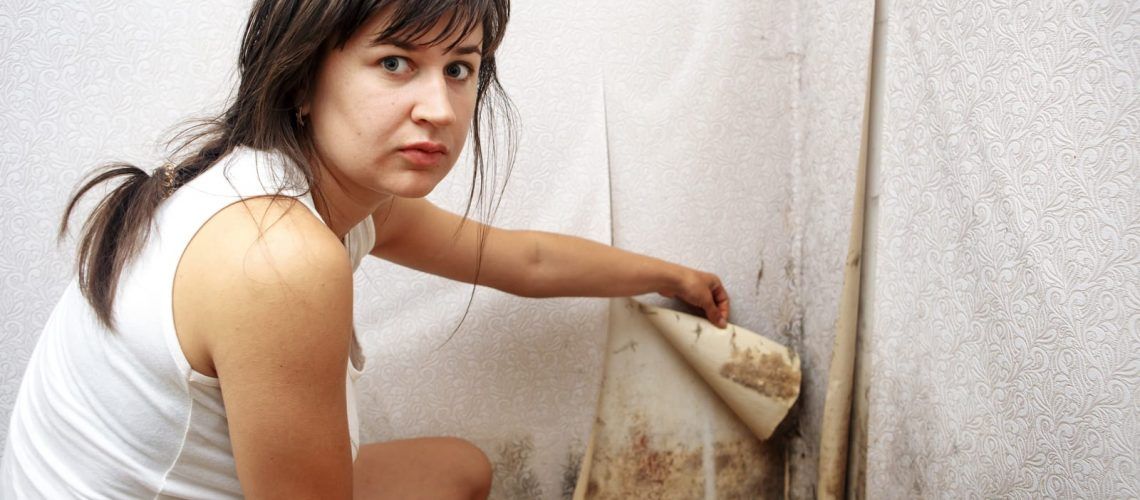When you’ve discovered that your home is infected with black mold, the last thing you may be considering is the risks it poses to your oral health. Gums that are experiencing symptoms of gingivitis and periodontal disease, such as tenderness and bleeding when brushing, are often considered to be the result of poor oral hygiene. While this is most often the case, if the black mold is a known factor in your environment, it’s possible that it’s the culprit. So if sneezing, coughing, and cases of pneumonia weren’t enough of a reason to ensure your home is free of black mold, now you have to consider your oral health as well.
What Effect Does Mold Have On The Teeth and Gums?
The first thing to understand is how mold reproduces. Similar to pollen from trees, molds emit vast clouds of microscopic spores that are invisible to the naked eye. Breathing these in is what results in respiratory problems like those mentioned above. They are also responsible for the oral health concerns that patients exposed to black mold can experience. These microscopic spores have a tendency to embed themselves in the gums and other oral tissue, leading to irritation. This irritation, in turn, leads to inflammation, and some report a burning sensation, along with bleeding of the gums. Symptoms that may indicate you’re being affected by black mold include:
- Bleeding gums
- Swollen gums
- Burning sensations
- Coughing
- Sneezing
- Irritated skin
- Eyes that are watery and irritated
- Bronchitis
- Pneumonia
These symptoms are not an immediate indicator of black mold infection, but they can point to it, especially if more than one symptom is present. Another condition that affects those experiencing black mold infestation is dry mouth. Dry mouth results from respiratory concerns and involves a reduction of the amount of saliva present in the mouth. Saliva plays an important part in preventing the formation of cavities by fighting the bacteria responsible. Without it, our gums and teeth are more vulnerable.
What To Do To Treat Black Mold Concerns For Oral Health and Home
The most significant thing you can do to address oral health concerns resulting from black mold exposure is to eliminate its presence in your home. The first step in this process is speaking to your health provider to determine if you need to get assistance eliminating it due to health concerns. Eliminating the mold will definitely cause spores to rise and spread, which provides further exposure and can lead to your becoming sick or sicker. You can also reach out to professional black mold removers who will ensure that it’s removed and have the proper equipment to do it safely.
As it pertains to your oral health concerns, your best bet is to schedule an appointment with your dental health provider. They’ll see how advanced the concern is and what the appropriate steps are to eliminate black mold-related concerns from your oral health. Call and arrange a visit today, and you’ll begin developing a plan together to get your oral health back in line.


